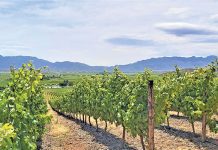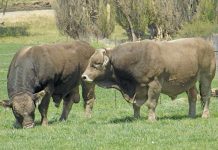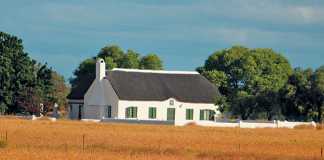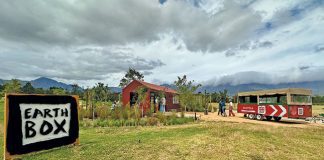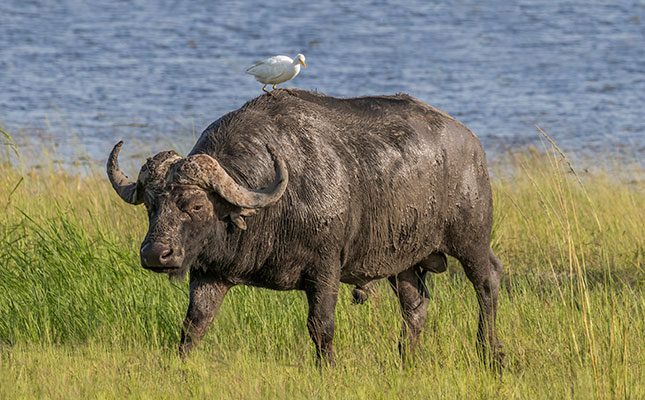
Photo: Wikimedia Commons
South Africa is a beautiful country with vast landscapes with roaming wildlife.
The country is thus well known for its game farms, which can be a profitable venture, even for those farmers who have not invested in game farming per se, but have game on their farms.
READ Sustainable game farming in the bushveld
Some of these avenues of revenue include the sale of game, offering hunting opportunities to visitors, agritourism, breeding and other value-added products, such as the production and sale of hides.
These farms can also be used to offer other recreational activities, such as fishing and hiking.
However, as with every farming or business venture, good management is essential for long-term success and sustainability.
Biodiversity and habitat management
Managing a game farm involves a combination of ecological conservation, wildlife management, sustainable tourism practices, and community engagement.
Biodiversity conservation, for example, is essential for the long-term sustainability of any game farm.
In this regard, identifying and protecting critical habitats, including wetlands, grasslands, and forests, is a critical aspect of management, as the deterioration of forage and soil can result in animals in poor health.

As such, farmers are advised to implement measures to control invasive species and restore degraded ecosystems.
They should also conduct regular surveys to monitor wildlife populations and biodiversity.
Habitat management is another aspect of biodiversity conservation, and farmers are advised to implement habitat restoration projects, such as reforestation or wetland rehabilitation.
Manage vegetation through controlled burning, grazing, or selective clearing to maintain diverse habitats.
Water sources should also be readily available to animals at all times, as well as salt licks or additional feeding, to support wildlife.
Wildlife management
Wildlife management involves controlling and conserving wildlife populations in their natural habitats.
In terms of game farming, this involves monitoring wildlife populations and implementing population control measures, such as translocation or culling, to maintain ecological balance.
READ Community involvement in conservation and tourism
Remember that pasture management is as essential for game farming as it is for livestock farming, and as such, populations must be kept under control to ensure an adequate carrying capacity.
Farmers are also advised to manage predator-prey dynamics to prevent overpopulation or depletion of prey species.
To protect the health of your animals and to prevent the spread of disease, implement disease control measures, such as vaccination programmes where applicable.
Ecotourism, agritourism and recreational activities
Ecotourism is responsible travel to natural areas that helps conserve the environment, sustains the well-being of local people, and provides educational experiences for visitors.
It is a form of tourism that prioritises environmental conservation, cultural preservation and community engagement while offering travellers opportunities to explore and appreciate natural landscapes and wildlife.
A game farm is thus an excellent example of an ecotourism venue, as it ticks all of these boxes.
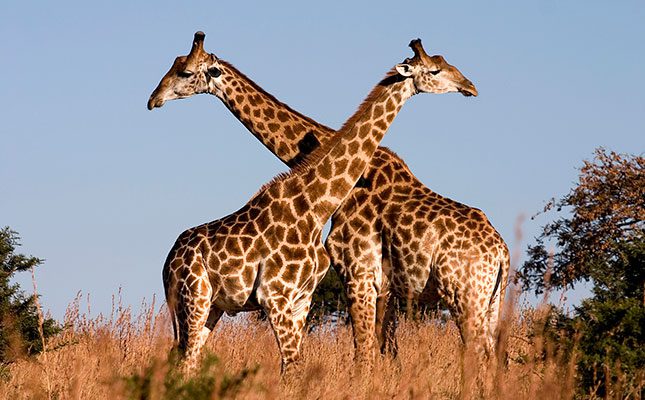
In order to develop your game farm into an ecotourism venue, develop ecotourism facilities and activities, such as game drives, guided walks, and birdwatching tours.
Provide educational programmes to raise awareness about conservation and wildlife management.
This is also another revenue opportunity that farmers can explore (offering outings for schools and universities to educate learners about biodiversity, conservation and animal management).
However, as an ecotourism venue, it is imperative that wildlife is disturbed as little as possible.
As such, visitor disturbances of wildlife should be as limited as possible.
If you are planning to provide a lodge or some other type of accommodation, it is important that you have the right infrastructure.
For example, develop infrastructure, such as lodges, campsites, and visitor centres that integrate with the natural landscape to take full advantage of the beauty of the surrounding areas.
Visitors are also more likely to visit your farm if it is easy to get there; maintain roads and trails as much as possible.
All facilities must also be safe for your visitors. Implement waste management systems to minimise pollution and ensure proper disposal of waste.
Consider the relevant laws and regulations that govern wildlife management, land use, and environmental protection, and obtain permits and licences for activities such as game capture, hunting, and tourism operations.
Hunting is strictly regulated, so if you are planning to operate such an operation, ensure that you are well informed of the laws, and that you stay informed about changes in legislation as and when it occurs.
Giving back
While not a requirement, involving the local community in the day-to-day operation of a game farm is a good way to give them an opportunity to earn an income while also offering guests a more authentic experience of the community.
READ How wildlife vets play a vital role in advancing conservation
Conservation research is also a way to give back.
This may involve you allowing researchers and university students to conduct research on your farm in terms of wildlife ecology, habitat dynamics, and conservation techniques.
This research could also be used to inform your management decisions.
Collaborate with research institutions and universities to share data and expertise.
Revenue streams
Of course, if you have game on your farm, or hope to buy a game farm, it is a good idea to diversify your income stream.
For example, you can offer hunting opportunities and recreational activities, such as hiking, on the same farm.
But, as always, implementing cost-effective management practices to minimise expenses and maximise revenue are essential.
It is also important that for a sustainable, long-term operation, you continuously monitor and evaluate management practices to assess their effectiveness.
Use adaptive management principles to adjust strategies in response to changing environmental conditions, wildlife populations, and visitor preferences, and maintain flexibility and openness to new ideas and innovations to improve conservation outcomes over time.
Email Janine Ryan at [email protected]. Subject line: game farming.



